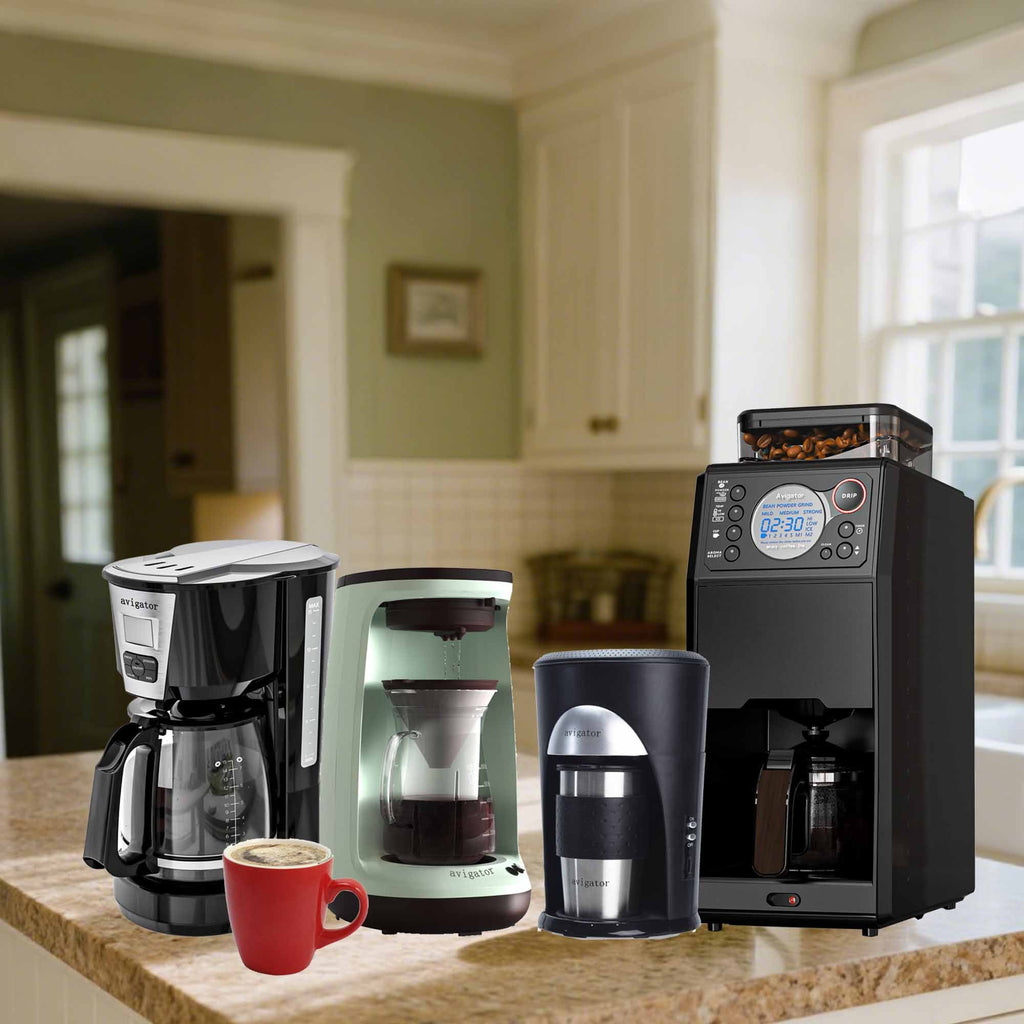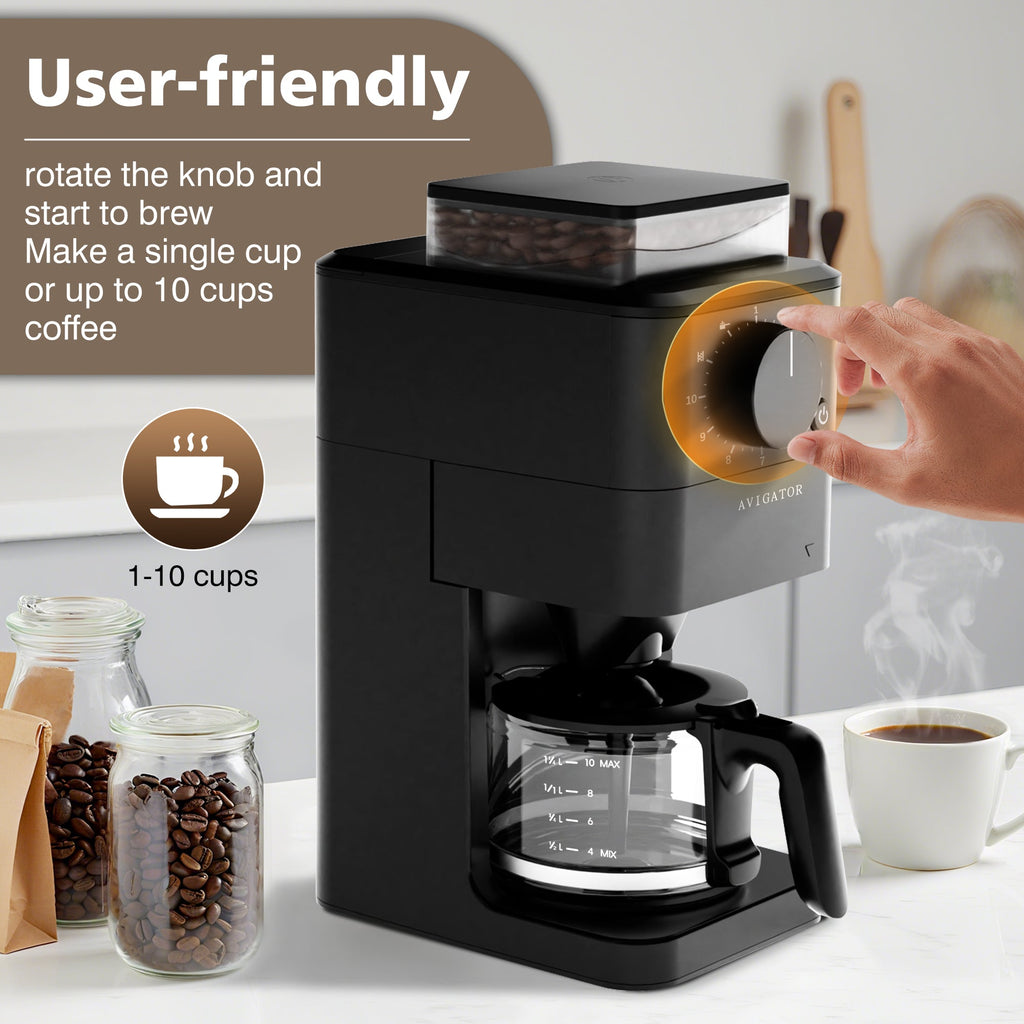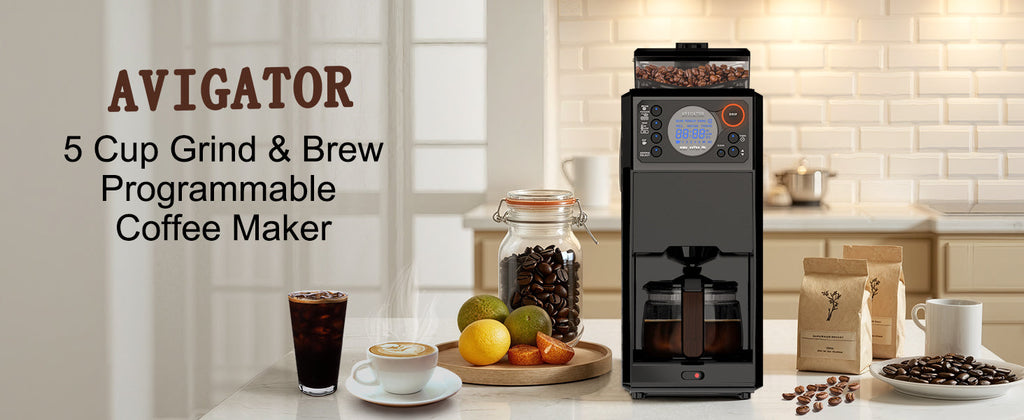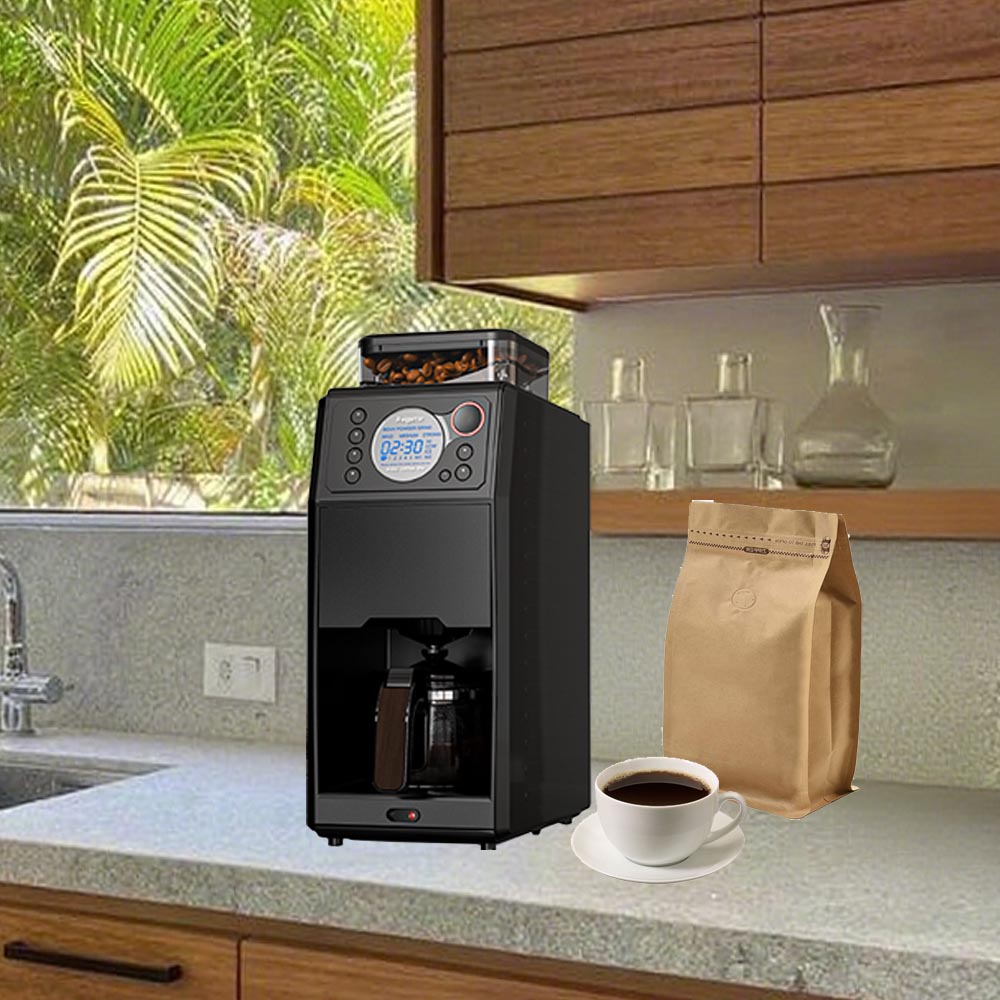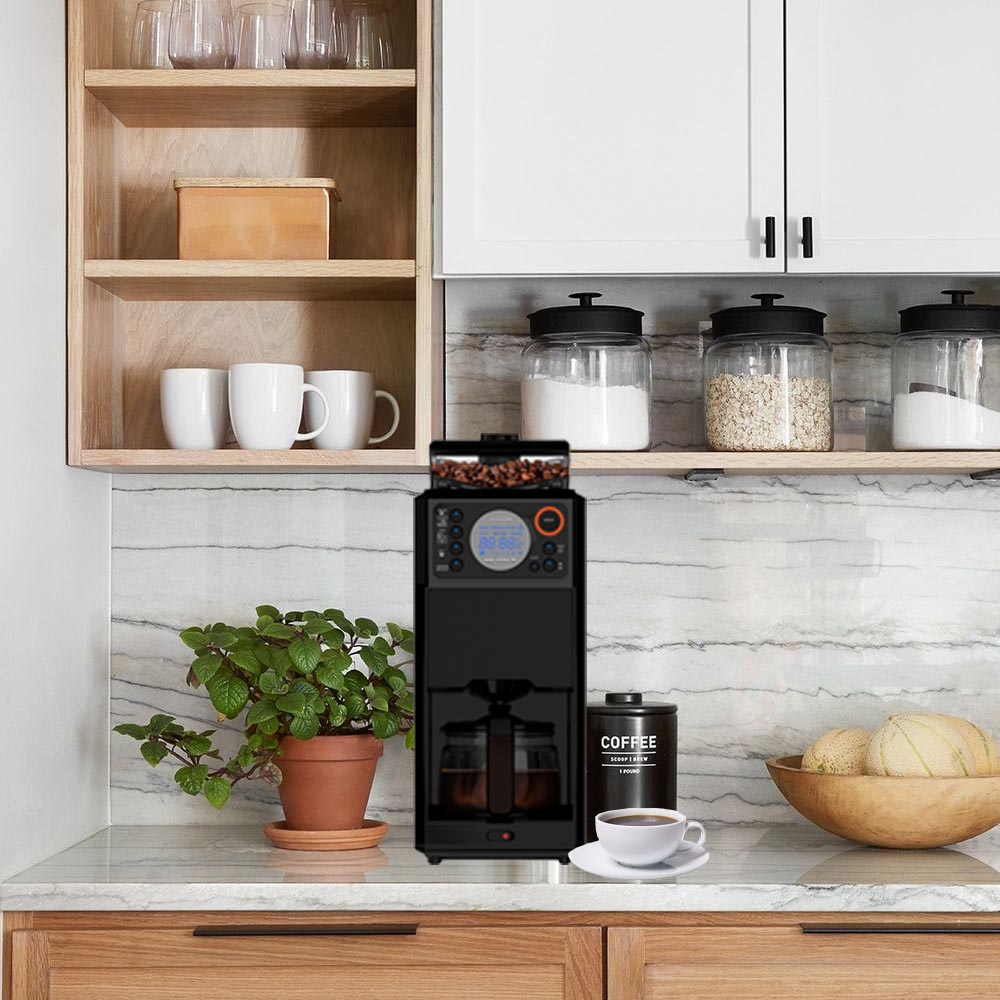
Coffee machine suppliers key questions to ask before buying

Buying a coffee machine is no longer a simple decision about whether you want espresso or drip brewing. For cafés, restaurants, offices, and even households that want consistency in every cup, the real challenge lies in selecting the right coffee machine supplier.
A machine can cost anywhere between USD 500 and USD 15,000, depending on whether it’s for home use or a commercial setup, but the supplier you choose will determine the reliability, maintenance, and long-term costs attached to that investment.
The global coffee machine market has been growing steadily, with businesses and individuals demanding higher-quality machines and professional support services.
However, too many buyers focus only on the machine’s price or brand and overlook critical supplier-related details such as warranties, spare part availability, technical support, and training. These hidden factors often make the difference between a machine that supports your operations and one that becomes a costly burden.
To make a confident and cost-effective decision, you need the right questions to ask before committing to any supplier.
Coffee machine suppliers key questions to ask before buying
In this guide, we will explain the key questions to ask coffee machine suppliers before buying and how each one can impact your long-term success.
Why Supplier Selection Matters More Than the Machine Itself
When purchasing a coffee machine, it is tempting to focus only on features such as brewing capacity, grinder type, or design. But in reality, the supplier you choose has an even greater impact than the machine itself. A reliable supplier ensures:
-
Consistent service support so breakdowns don’t disrupt your operations.
-
Availability of spare parts, avoiding weeks of downtime.
-
Training and guidance so your team uses the equipment correctly.
-
Transparent costs that prevent unexpected financial surprises.
Whether you are a café owner looking for a commercial espresso machine, an office manager considering a bean-to-cup machine, or a homeowner upgrading your kitchen, supplier reliability ensures that your machine investment lasts longer and performs better.
Framework: Copywriting Approach to Asking Questions
To evaluate suppliers, it helps to use a structured framework. One practical approach is the Problem–Insight–Solution–Action (PISA) method:
-
Problem – What could go wrong if this area is ignored?
-
Insight – Why it matters based on industry knowledge.
-
Solution – What to ask the supplier directly.
-
Action – How to apply the answer in your decision-making.
Using this framework, let’s review the 10 most important questions to ask before buying from a coffee machine supplier.
1. What Warranty and Service Agreements Do You Offer?
A warranty is your safety net. Without it, repair costs can quickly escalate. Some suppliers only provide 1-year limited warranties, while others offer extended coverage that includes both parts and labor.
Things to check:
-
Length of warranty (1 year, 2 years, or more)
-
Coverage (parts only or parts + labor)
-
Service contract availability for routine maintenance
-
Response time for warranty claims
Table: Typical Warranty Options
| Warranty Type | Coverage Included | Average Duration |
|---|---|---|
| Basic Warranty | Parts only | 1 year |
| Standard Warranty | Parts + limited labor | 1–2 years |
| Extended Service Agreement | Parts + labor + checkups | 3–5 years |
2. Do You Provide Training for Staff or Baristas?
Coffee machines—especially commercial espresso machines—require skill to operate. Without proper training, staff may misuse the equipment, leading to poor-quality drinks and frequent breakdowns.
Questions to ask suppliers:
-
Do you provide on-site barista training during installation?
-
Is there a user manual or video guide included?
-
Can new staff get refresher training later?
Training ensures:
-
Higher drink consistency
-
Lower machine misuse
-
Better customer satisfaction
3. What Is the Availability of Spare Parts and Consumables?
A machine is only as reliable as the availability of its spare parts. If your supplier cannot provide quick replacements for components like group gaskets, filters, or grinder burrs, downtime will be costly.
Check for:
-
Local spare part inventory
-
Delivery timelines (same-day vs. 1–2 weeks)
-
Availability of consumables (cleaning tablets, filters, descaling agents)
-
Compatibility with third-party suppliers
Table: Essential Spare Parts to Confirm Availability
| Part | Replacement Frequency |
|---|---|
| Group head gasket | Every 6–12 months |
| Grinder burrs | Every 1–2 years |
| Water filter | Every 3–6 months |
| Steam wand tip | As needed |
4. What Are the Total Costs Beyond the Purchase Price?
The purchase price is only part of the total cost. Other expenses include:
-
Installation fees
-
Maintenance contracts
-
Cleaning supplies
-
Spare parts
-
Energy consumption
Table: Example Cost Breakdown (Commercial Espresso Machine)
| Cost Type | Approx. Annual Expense |
|---|---|
| Machine purchase | $4,000–$10,000 |
| Maintenance & servicing | $500–$1,000 |
| Cleaning supplies | $200–$400 |
| Spare parts | $300–$600 |
| Energy & water usage | $200–$500 |
Asking about the total cost of ownership (TCO) ensures no surprises later.
5. Do You Offer Flexible Financing or Leasing Options?
High-end coffee machines can be expensive. Many suppliers provide leasing or installment payment plans to reduce upfront costs.
Key questions:
-
Do you offer monthly leasing?
-
Is there a buyout option at the end of the lease?
-
How much is the total cost difference between leasing and outright purchase?
Leasing is popular among cafés and offices because it improves cash flow while allowing access to premium equipment.
6. How Do You Handle Technical Support and Emergency Repairs?
When a coffee machine breaks down, time is money. Ensure your supplier has a reliable support system.
Ask them:
-
Do you provide 24/7 helplines for urgent issues?
-
What is your average on-site response time?
-
Do you supply loaner machines during repairs?
Suppliers with quick-response teams reduce downtime and keep your business running smoothly.
7. Do You Supply Multiple Brands or Are You Exclusive?
Eco-Navigator supplies only its exclusive in-house brand, Avigator.
All products listed on the site are designed, developed, and sold under the Avigator brand name, with no third-party or multiple brand offerings.
8. What Sustainability Practices Do You Support?
Sustainability is becoming increasingly important in hospitality and food service industries. Ask your supplier about:
-
Energy-efficient machines (Energy Star certified)
-
Water-saving systems
-
Availability of eco-friendly consumables
-
Recycling or trade-in programs for old machines
Not only does this reduce environmental impact, but it also lowers long-term energy costs.
9. What Is Your Return or Exchange Policy?
Return & Exchange Policy Details
From the FAQs section on their site:
-
Return Window: You can return any unused item within 30 days of purchase. Avigator provides a “hassle-free return policy.”
-
Return Shipping Costs: Return shipping is covered by Avigator—you won’t be charged for returning an item.
-
Condition of Returns: They recommend returning the product in its original packaging with all accessories included, although the policy is described as unconditional.
-
How to Initiate a Return or Exchange: Contact their customer service at support@eco-avigator.com and provide your order number. You'll then receive a prepaid return label via email.
-
Refund Timeline: Once the returned product is received by their warehouse, the refund will be initiated and usually appears in your account within 3 business days.
-
Post-30-Day Support: If issues arise after the 30-day return window, Avigator offers a 1-year warranty on all products. For details, they'd direct you to the “Avigator Warranty” section.
Summary Table
| Policy Aspect | Details |
|---|---|
| Return Window | 30 days from purchase |
| Return Shipping | Free (covered by Avigator) |
| Condition Requirement | Unconditional; original packaging preferred |
| How to Return | Email support@eco-navigator.com with order number; receive prepaid label |
| Refund Processing Time | Within 3 business days after receipt |
| Warranty Beyond Return | 1-year warranty applies after 30 days |
Bottom Line
Avigator (eco-navigator.com) offers a very customer-friendly return and exchange policy:
-
You can return unused items within 30 days, shipping covered free of charge.
-
The refund is processed swiftly—typically within 3 business days after return receipt.
-
A 1-year warranty covers issues beyond the 30-day return window.
FAQs: Coffee Machine Supplier Selection
Q1. Should I buy directly from a manufacturer or through a supplier?
Buying from suppliers often gives you better service, local spare parts, and ongoing maintenance support. Manufacturers may not provide localized assistance.
Q2. How often should a commercial coffee machine be serviced?
Typically every 6–12 months, depending on usage. Suppliers usually offer maintenance contracts for this.
Q3. What is the difference between a bean-to-cup machine and an espresso machine?
A bean-to-cup machine automates grinding and brewing, ideal for offices. An espresso machine requires more skill but gives greater control, popular in cafés.
Q4. Are leasing options worth it?
Yes, especially for small businesses. Leasing reduces upfront costs and allows for regular upgrades.
Q5. How do I know if a supplier is reliable?
Check their warranty terms, references, spare part stock, and service agreements before making a decision
Conclusion
Selecting the right coffee machine is more than just buying equipment—it’s a long-term decision that directly impacts quality, costs, and customer satisfaction. While machine features like brewing capacity, grinders, and energy efficiency are important, the reliability of your supplier is what truly determines how smoothly your coffee operations run. From warranties and spare parts to financing, training, and sustainability, every question you ask before buying helps you avoid costly mistakes.
By focusing on supplier support as much as the machine itself, you create a setup that is efficient, reliable, and profitable. Whether you manage a busy café, run a growing office, or want consistent quality at home, choosing wisely ensures your investment delivers value for years.
At Eco-avigator, we believe in helping businesses and individuals make smarter coffee equipment decisions by focusing on long-term support, transparency, and customer success. The key takeaway is simple: don’t just compare machines—compare suppliers. A trusted partner today means fewer breakdowns, reduced costs, and better coffee tomorrow.

